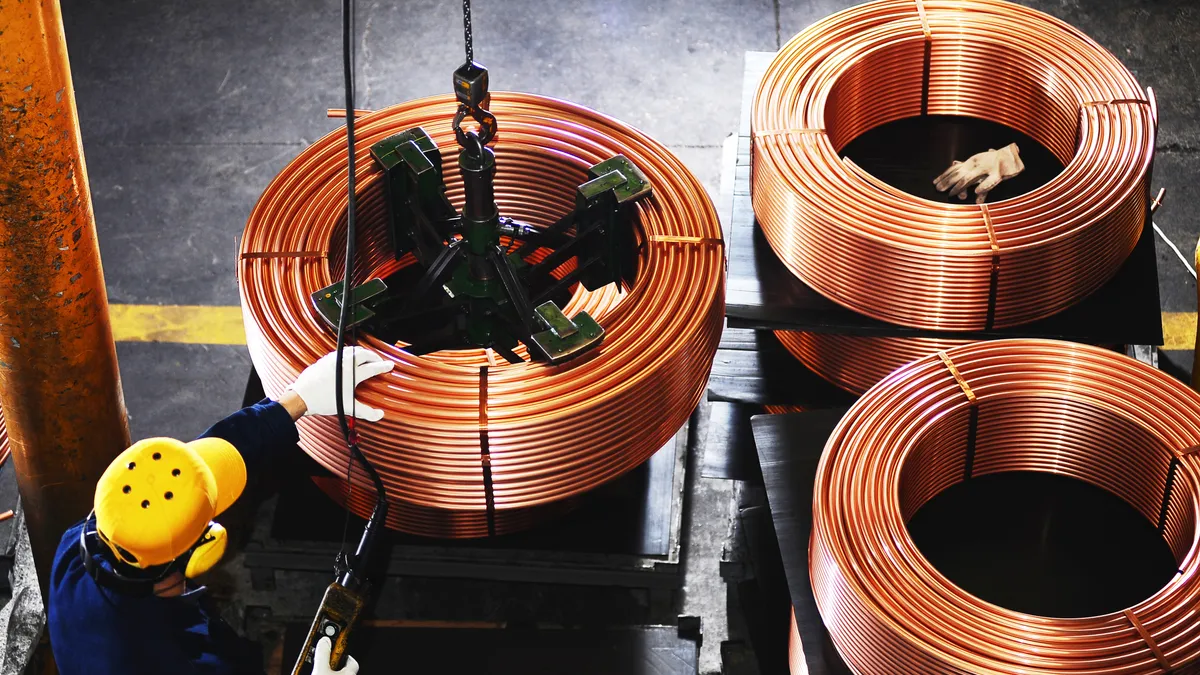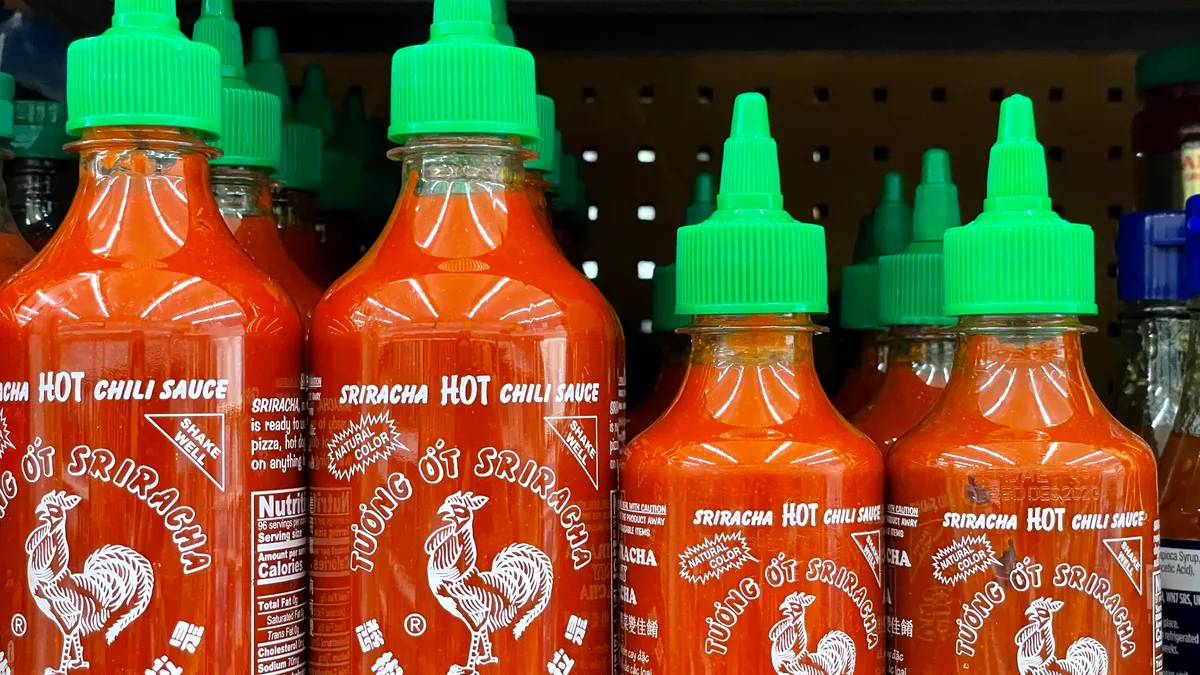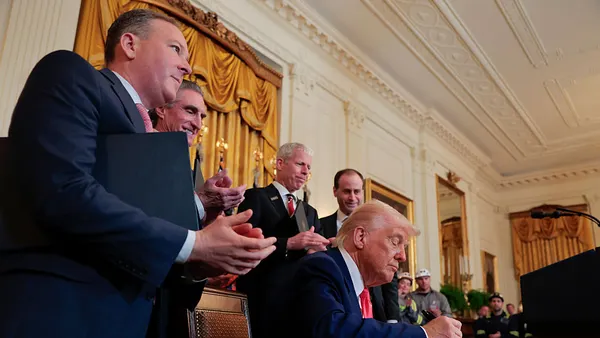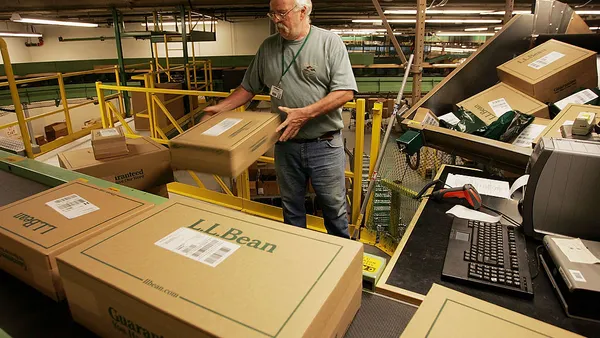With just under two months until inauguration day, President-elect Donald Trump has been busy over the past couple of weeks announcing his cabinet nominations.
The group, consisting of a mixture of Wall Street executives, former congressional representatives and television personalities, will be responsible for carrying out Trump’s aggressive agenda, including raising tariffs, slashing spending and bolstering U.S. energy dominance.
For manufacturing-related roles, Trump has tapped Cantor Fitzgerald CEO Howard Lutnick to lead the Commerce Department, and Chris Wright, president and CEO of oil services firm Liberty Energy, to head the Energy Department. Trump also named Rep. Lori Chavez-DeRemer as his nominee for Labor Secretary.
So, what’s the process for nominees to get confirmed as part of the cabinet?
All nominees are also subject to investigations by the FBI, Internal Revenue Service, the Office of Government Ethics and an ethics official from their respective agency, according to Ballotpedia.
Twenty-eight cabinet and other agency head positions require formal Senate approval. Thus far, Trump has announced 25.
Many times, this process is procedural and does not include public debate, according to the Congressional Research Service. For more influential cabinet members or contentious picks, this process can include investigations, hearings and reporting stages.
The Senate has historically confirmed most cabinet nominees. Nine nominees have been rejected, most recently John Tower for defense secretary during the George H.W. Bush administration in 1989. Tower’s rare rejection was due in part to concerns regarding his alcohol use and reputation as a “womanizer,” as well as possible defense contracting conflicts of interest, according to LA Times reporting from the time period.
One Trump cabinet nominee has already withdrawn their name from consideration — Matt Gaetz, who was tapped to become Attorney General, stepped aside last week amid sex trafficking and drug use allegations.
The timeline for confirming nominees varies, but hearings can begin before the incoming president has even taken office. In Trump’s first term, 12 cabinet nominees had hearings before the inauguration, and nine were confirmed within a month of the president taking office, according to the Center for Presidential Transition.
Miss a recent agency leadership pick? We’ve rounded up Trump’s nominations and how they may impact the manufacturing industry.













